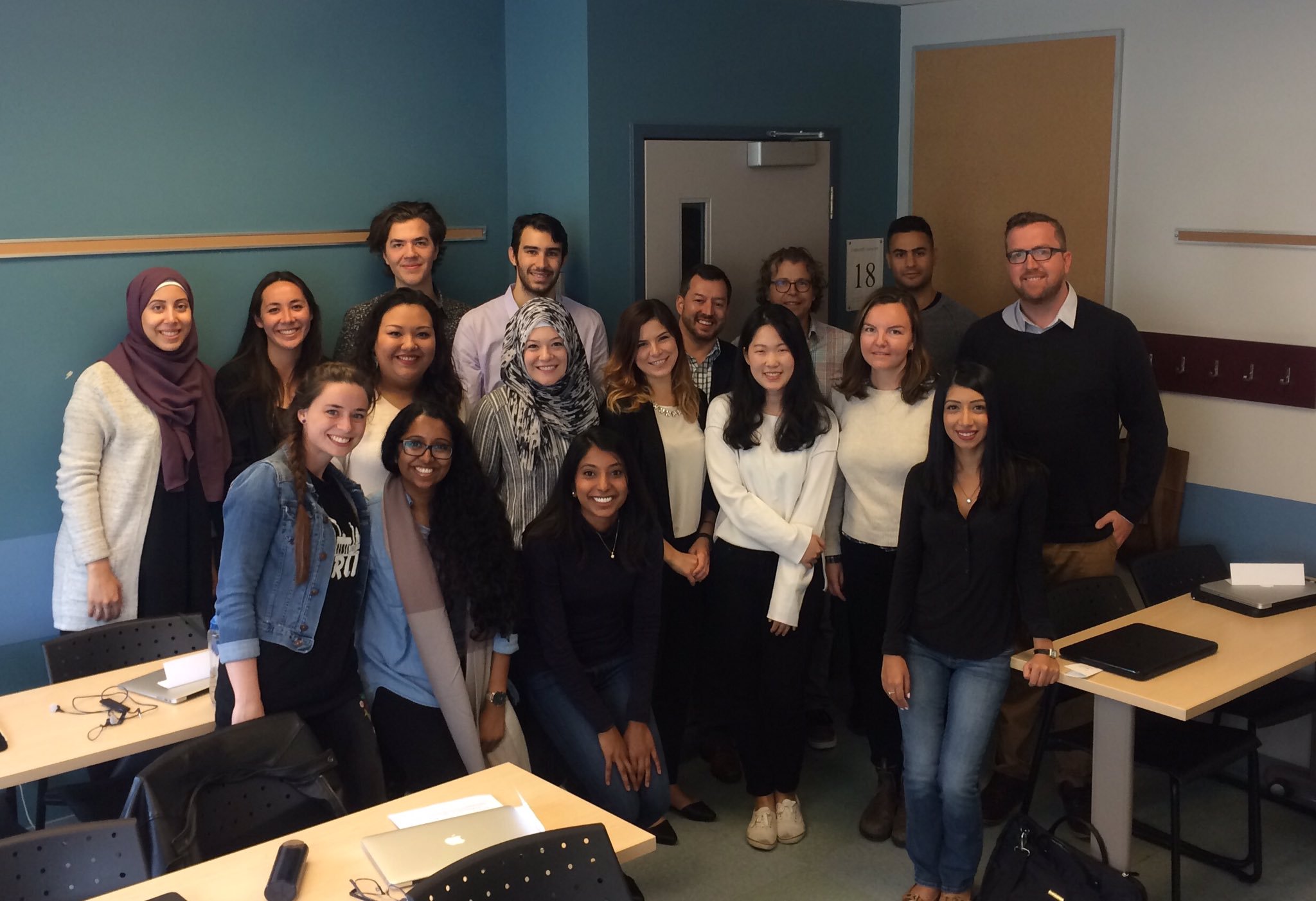
November 2017 – Students from the University of Ottawa Clinic provided legal research and analysis in support of Canadian Association of Refugee Lawyers (CARL)’s intervention in Wong v. HMQ, which was heard by the Supreme Court of Canada on November 10th 2017. At issue was the principle that a guilty plea must be voluntary and informed in order to be valid. In this case, the accused pled guilty without knowing he would become criminally inadmissible to Canada, and almost certainly deported. On appeal, he argued the plea was invalid because he was not informed of the very serious consequence of deportation. The case has important implications for the rights of refugees and refugee claimants, including persons seeking protection who may have been (or who may become) the subject of prosecutions for international crimes. To ensure the integrity of the international refugee protection regime in these circumstances, it is essential to have a proper framework for evaluating the validity of guilty pleas.
The students from the uOttawa Clinic who worked on this case were very happy with their experience.
“The opportunity to have contributed, even modestly, to a Supreme Court of Canada intervention was an extremely interesting and gratifying experience. Although the case presented factual difficulties, Wong has the potential to set a very significant precedent for individuals facing potential immigration consequences from criminal convictions. Attending the Supreme Court hearing and listening to high-level debates on issues we discussed ourselves was surreal, and taught me critical lessons about advocacy and litigation strategy that I won’t soon forget.”
– Eli Lo Re, Student, uOttawa Refugee & Criminal Law Clinic
“I was extremely pleased and humbled to be involved in CARL’s SCC intervention in Wong. It was an excellent opportunity to learn first-hand both how top litigators prepare for trial, as well as the substantive arguments of each of the parties and interveners. It was particularly interesting observing the different advocacy styles employed by each party, particularly when contrasted against their relative substantive positions. Further, knowing each of the parties’ positions in-depth prior to the hearing also enhanced my ability to understand and critically weigh each judge’s questions and the parties’ responses.”
– Amanda Bergmann, Student, uOttawa Refugee & Criminal Law Clinic
“The Wong case illustrated a perfect example of public interest litigation, which really spoke to achieving social change objectives through the legal system. I thought it was very interesting to watch the oral advocacy strategies that the Appellant’s counsel used, in that they spoke broadly about the need to create a test, while leaving room for the interveners to discuss the potential specifics of a test. While working on the Wong case, I learned to consider and weigh the narrow effects of the law on a particular client (individual), versus the broad changes a favourable ruling could have on an emerging area of law.”
– Nasser Chahbar, Student, uOttawa Refugee & Criminal Law Clinic

